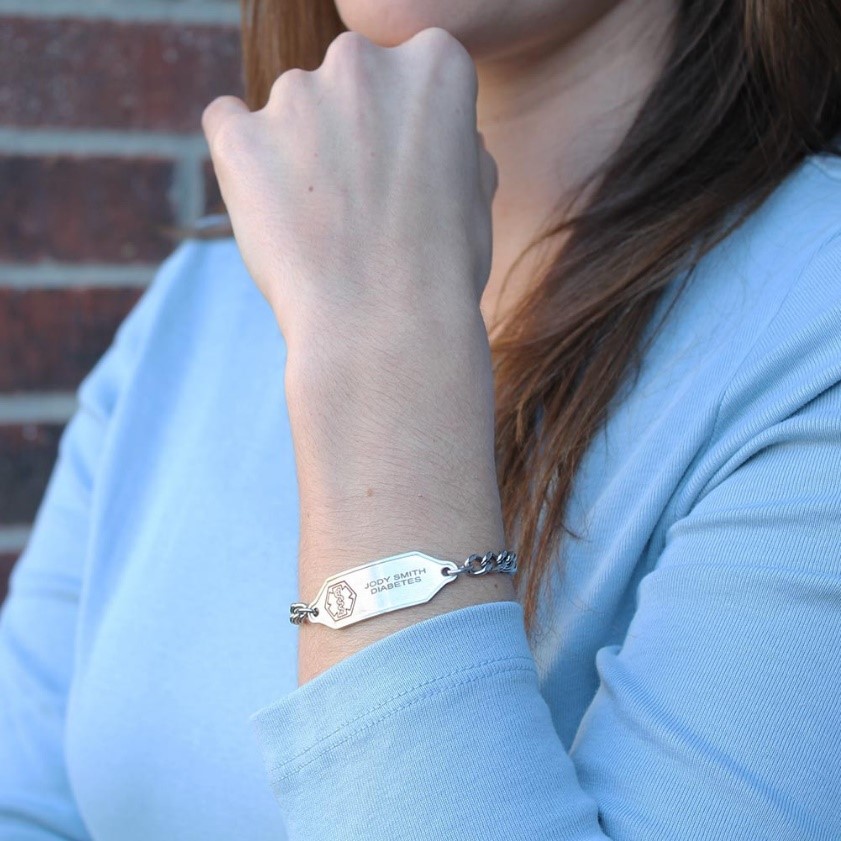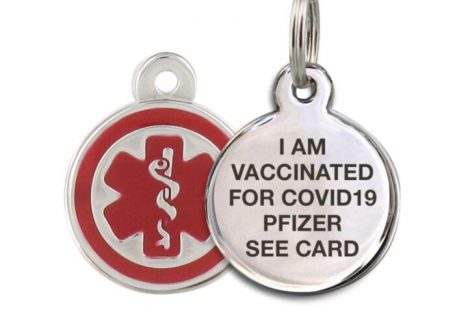April is Stress Awareness Month and for health care professionals, it is a special opportunity to increase public awareness about stress, its causes, and negative effects.
More than 1 in 4 Americans describe themselves as “super stressed” and a study shows that 77% Americans regularly experience physical symptoms caused by stress. According to the American Institute of Stress, stress is the basic cause of 60% of all human illness and disease. Stress increases the risks of heart disease, heart attack, and stroke.
Aside from job pressure and financial concerns, health is the third top cause of stress in the United States. This may include having to deal with a health crisis or being diagnosed with a chronic or terminal illness. It can be said that stress is essentially, an inevitable part of life that cannot be avoided; however, there are several known ways that individuals can manage stress.
Here are some tips to reduce stress and enjoy more peace of mind.
1. Use technology to remove stress from daily routines – Remembering and forgetting tasks can cause unnecessary stress, especially for important things such as taking or giving medication. There are plenty of mobile apps that serve as reminders or alarms to help. To make it even more simple, using a device’s native alarm application can also work.
“You can have multiple alarms per day or have them set to go off on specific days only. You can display customized text when each alarm sounds (different pill names, for example).” says Arran in one community discussion.
Experts agree that smartphones can help take medications as prescribed and reduce the risk of being noncompliant.
2. Print out an In Case of Emergency Sheet – The thought of possible emergencies especially for someone who has been through a traumatic event can be a source of stress.
Having a clear emergency plan can help reduce anxiety of “what-ifs” at home or the work setting. Visible printouts or reminders that contain emergency numbers, physician’s details, medication, and other important details based on one’s medical condition can reduce panic, get help faster, and receive appropriate first aid.
“Make several copies of the completed Emergency Contact list and keep one on your refrigerator or family’s planning calendar and make enough copies to place one in the glove compartment of each of your vehicles.”- Carole, mommy blogger from Southern California.
3. Enjoy peace of mind with medical IDs – medical conditions can sometimes be difficult to cope with and cause feelings of stress or anxiety. Wearing medical alert jewelry can help a person feel safe and have the confidence to live life to the fullest.
For caregivers of individuals at risk of wandering, a medical ID necklace or bracelet can aid in the safe return of a loved one.
“I recommend getting the tag portion of the ID bracelet engraved with the person’s name, medical condition, emergency contact and medication – that way all the bases are covered.” – Abby, Type 1 Diabetes Advocate and Blogger
Here is a list of medical conditions where medical IDs are recommended.
5. Spend time with pets – Spending time cuddling or petting a favorite dog or cat can be therapeutic. Studies show that spending time with animals can increase levels of the stress-reducing hormone oxytocin and decrease the production of the stress hormone cortisol.
It’s one of the reasons we celebrate Dress Up Your Pet Day at American Medical ID! Check out our favorite pets to reduce stress now.
5. Join and find support in a community – According to MentalHelp.Net, socialization or enjoying other people’s company and maintaining a sense of connectedness to others, is an important component of stress reduction.
Connecting with online groups or communities that discuss similar issues, challenges, or interests is a good and quick place to start. Here’s an invitation to join the American Medical ID community on Facebook.
Do you have tips on reducing stress? Please share your tips via comments below to help others. Happy Stress Awareness Month!







